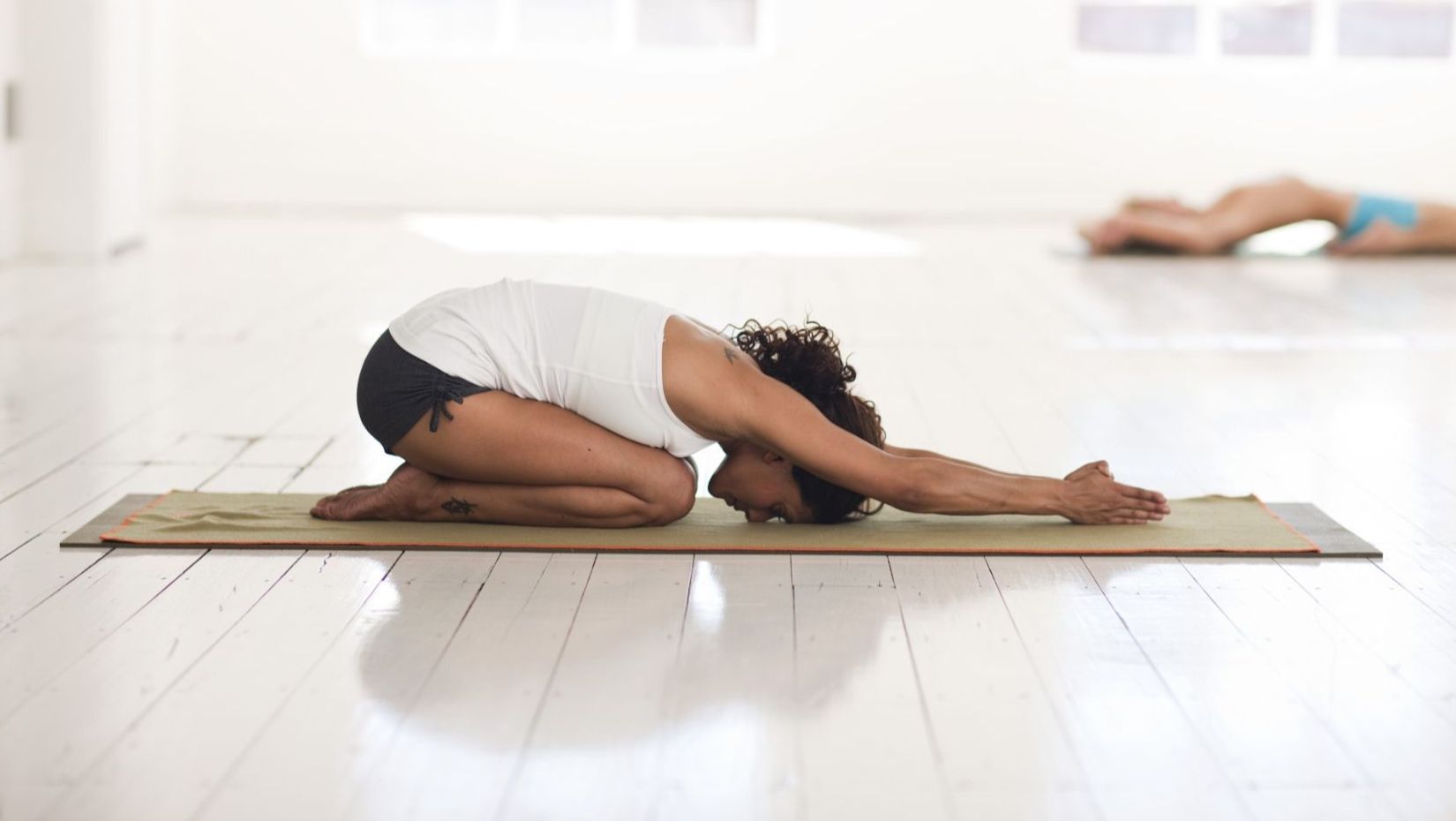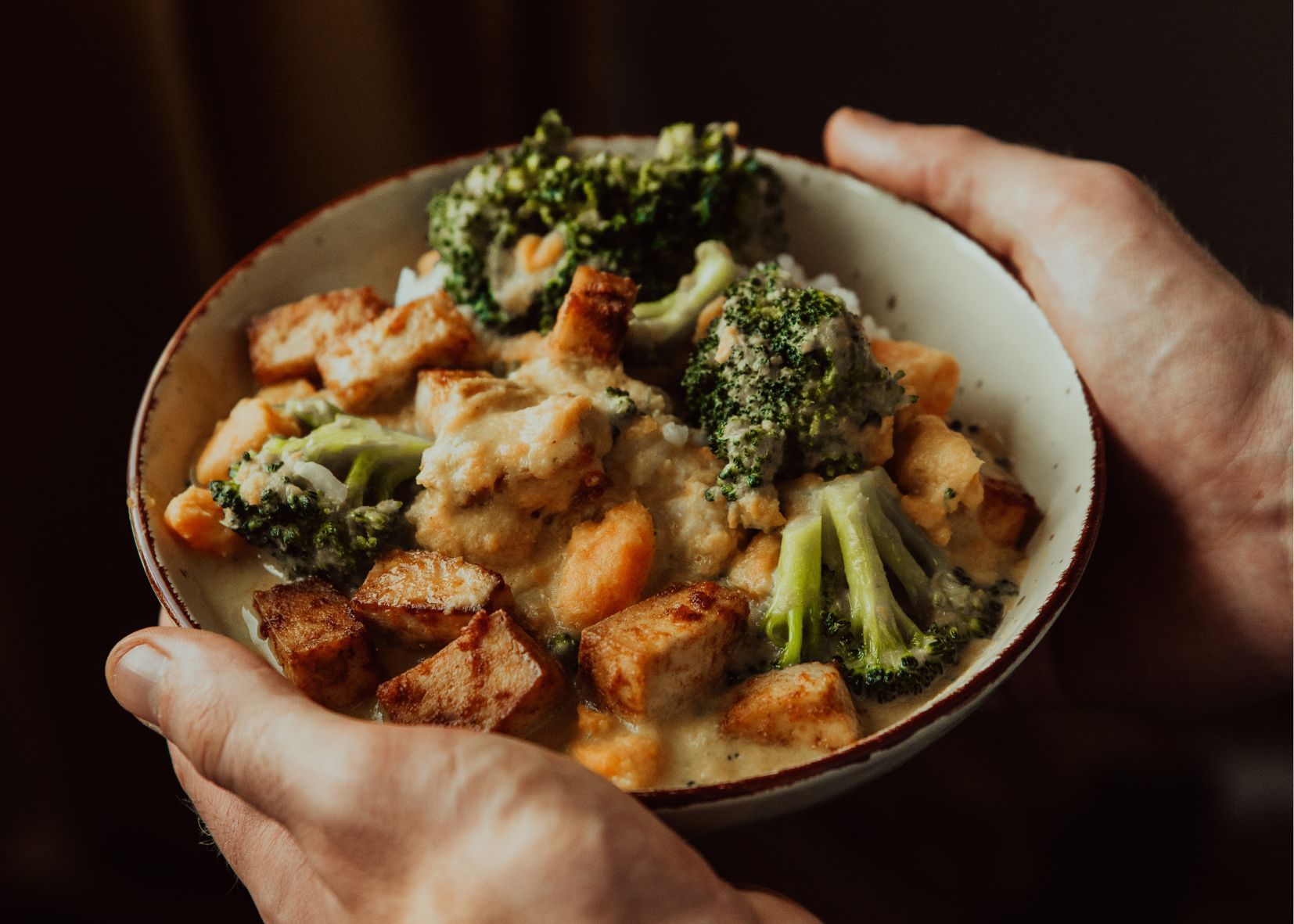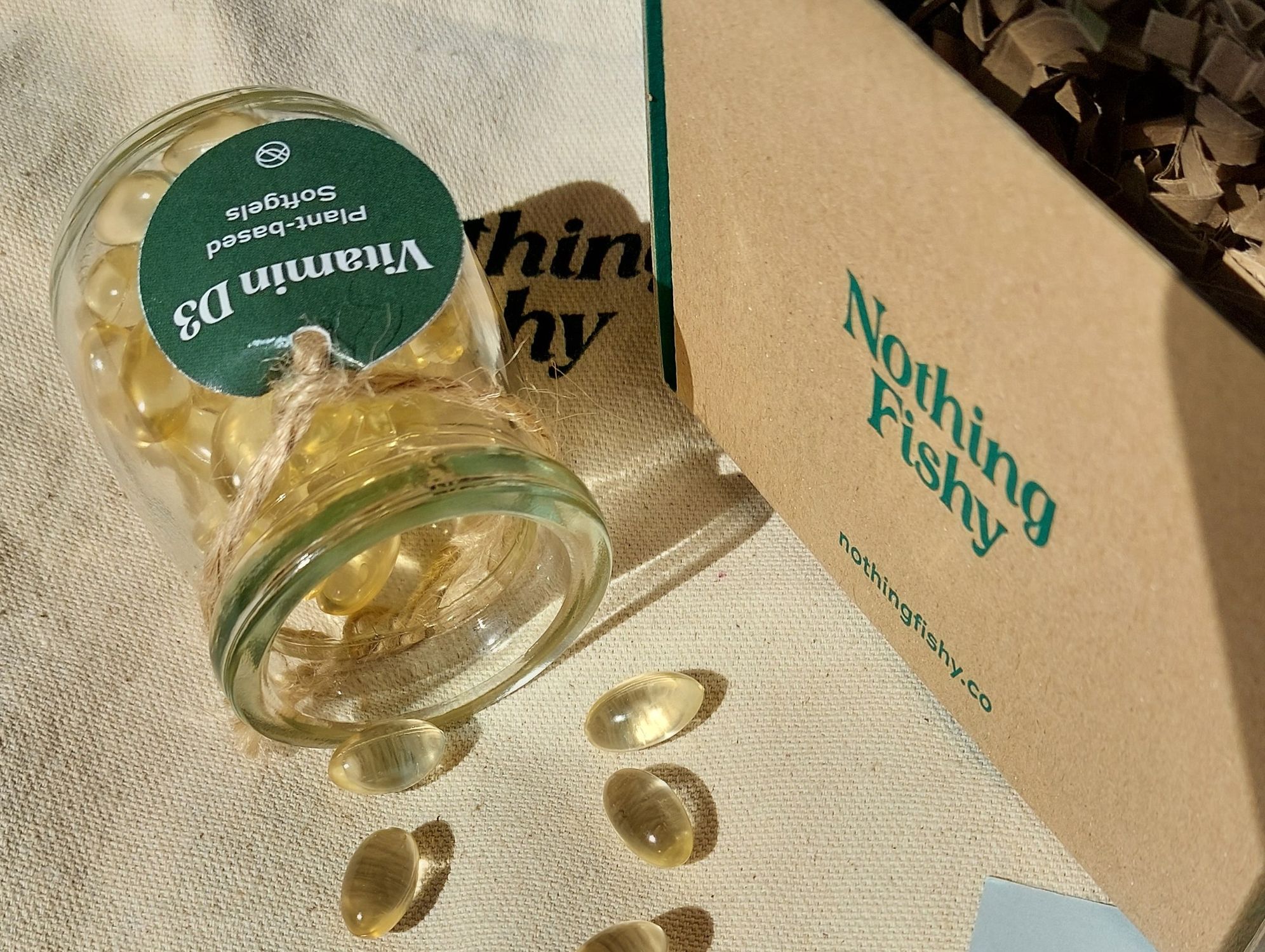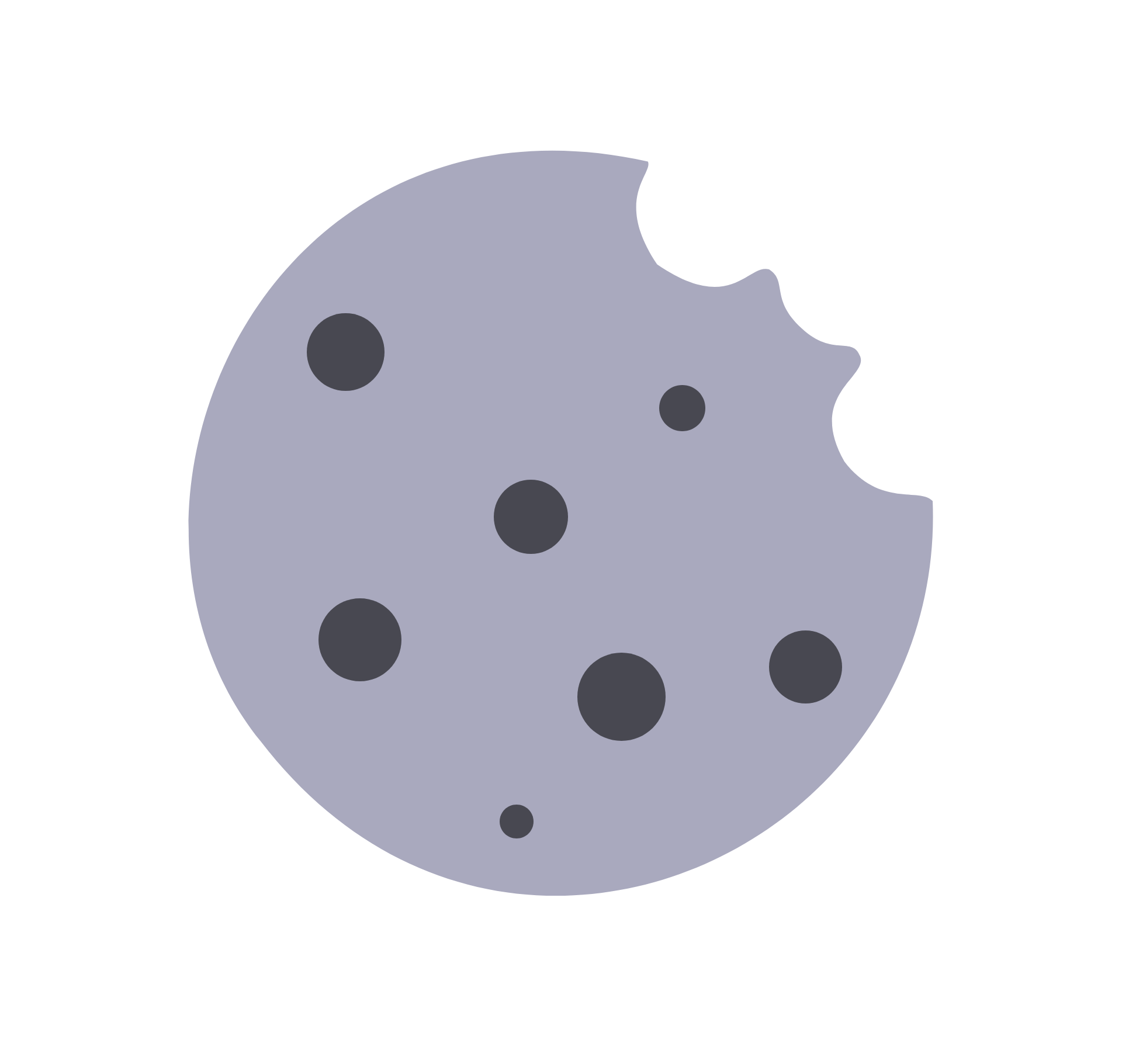
Most of us have heard of Botox. Botox, or botulinum toxin, is commonly used for both cosmetic and medical purposes. A neurotoxin derived from the bacteria Clostridium, it works by temporarily paralysing muscles (blocking signals from the nerves), thereby reducing the appearance of wrinkles such as frown lines, crow’s feet and forehead creases. It can also be used to slim the jawline and change facial contouring.
The most well-known use of Botox is for cosmetic purposes, and it’s a multi-billion Euro industry. The global Botox market was valued at approximately €6.8 billion in 2022 and is projected to grow to around €10 billion by 2030.
What else is botox used for?
Due to its cosmetic popularity, many overlook the other medical uses of Botox and may be entirely unaware of them.
Some conditions Botox is used for include:
Severe sweating
Muscle spasms
Uncontrollable blinking
Chronic migraine
Overactive bladder
Therefore, at first glance, Botox appears to be vegan. It is produced without the use of animal products or processes, so many would consider it vegan. However, as Botox is actually classified as a medical product and not just used for making us look younger, there is a complication. That complication is the requirement for animal testing. Currently, many countries, including those in the European Union and the United States, require new medicines to be tested on animals before they can be approved for human use.
Botox & animal testing
 Hannah Barata/Pexels
Hannah Barata/Pexels
So, while the answer to “Is Botox vegan?”—initially seems simple, it is actually a resounding no. Any product classified as a medicine must undergo animal testing, and vegans are opposed to animal testing—naturally! During tests on Botox, mice are injected with the poison, which results in paralysis and causes them to endure a slow and painful death.
Unless your Botox is used for essential medical reasons, choosing to use it for cosmetic purposes would not be a vegan choice. In the case of medical reasons, usage falls under the as far as is possible and practicable clause, which forms part of The Vegan Society’s definition of veganism.
“Veganism is a philosophy and way of living which seeks to exclude—as far as is possible and practicable, all forms of exploitation of and cruelty to, animals for food, clothing, or any other purpose; and by extension, promotes the development and use of animal-free alternatives for the benefit of animals, humans and the environment. In dietary terms, it denotes the practice of dispensing with all products derived wholly or partly from animals.”
Declining medical treatment is incredibly personal and should be done seriously and under the advice of a medical professional. We would never suggest such an action. However, animal testing is not an effective method of trialling drugs for human use.
Alternatives to Botox
What if you want to look younger and Botox is now out of the question? What can you do instead? As with everything, there are alternatives—and many come without the risks of side effects associated with Botox.
Facial creams
There are numerous anti-wrinkle creams and serums on the market for you to choose from. As long as you pick a brand that is both cruelty-free and vegan, you’re onto a winner. Those containing Vitamin C are particularly popular. Studies have shown that vitamin C helps prevent skin damage and can also reduce the appearance of fine lines and wrinkles.
Read more ‘The Basics of Vegan Cuisine’: Start your healthy journey today
Vitamin E is another ingredient to look for in a good cream or serum. It’s great for the skin, as it moisturises and locks in water, while also encouraging the production of elastin. Like vitamin C, it has many skin defence properties, helping protect against premature ageing in the first place.
Microneedling
Microneedling is a cosmetic procedure that uses small, sterilised needles to prick the skin, stimulating collagen production through the skin’s natural healing process. It is used to help smooth, firm and tone skin and improve the appearance of scars and wrinkles.
Looking after your skin
 Cottonbro Studio/Pexels
Cottonbro Studio/Pexels
You’ve all heard the saying, “prevention is better than a cure”. Well, it happens to be true. If we look after our skin as much as possible, we’ll reduce the signs of ageing and the formation of lines and wrinkles. That way, we won’t need to take as much action to remove them.
Things you can do to reduce the signs of ageing:
Reduce sun exposure by staying in the shade during peak sunlight hours and using high-quality sun cream. Sun damage can cause dark spots, wrinkles and other signs of ageing.
Follow a whole-food plant-based diet. Studies have shown that a whole food plant based diet increases the antioxidant potential within our cells by providing essential vitamins, including vitamins A, C and E, and subsequently slows down the ageing process. This diet should include plenty of green, leafy vegetables.
Growing old gracefully is the option we’ll be taking, but of course, that’s not for everyone.
If you enjoy our articles and want to read more of our content, check out how this restaurant in Carcavelos is shifting views on veganism. Perhaps take a look at ‘Making the Cut’ winner Yannik Zamboni: Redefining fashion with veganism and activism. Or explore the power of Asila: Taking the skincare industry to the next level.
sign up
for the vegclub newsletter.
Stay updated on all things vegan in Europe. Get exclusive articles, deals and giveaways delivered straight to your inbox. VegClub Magazine is the number one outlet in Europe and you will not want to miss our unique content.
